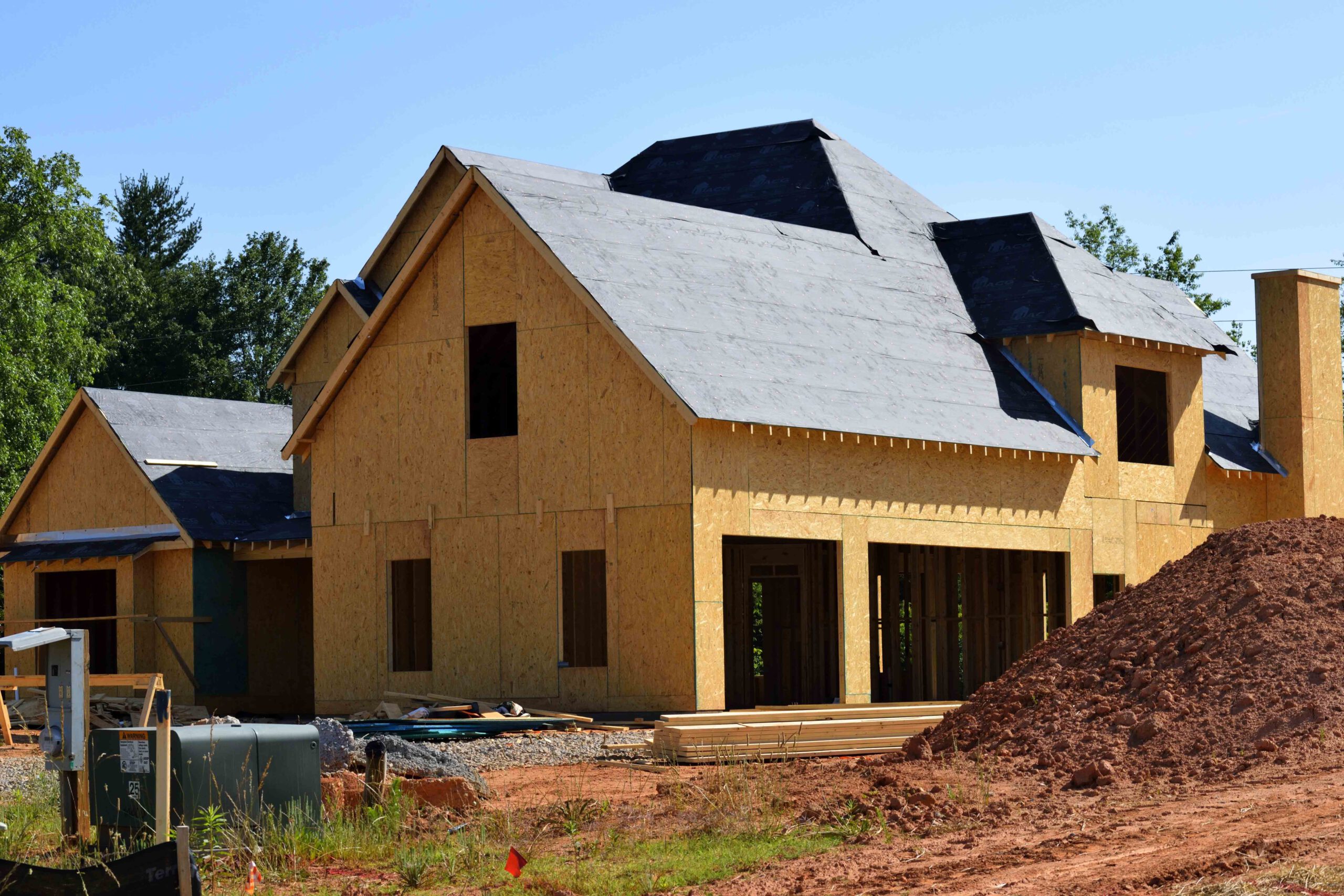
Deciding between new construction and existing properties is a common dilemma for real estate investors. Both options have their advantages and disadvantages, and the decision ultimately depends on your investment goals, budget, and personal preferences. Here are some factors to consider when deciding between new construction and existing properties:
New Construction:
Advantages:
Disadvantages:
Existing Properties:
Advantages:
Disadvantages:
Ultimately, the decision between new construction and existing properties depends on your investment goals, budget, and personal preferences. Both options have their advantages and disadvantages, and it’s important to carefully consider each option before making an investment decision.
Let us help you find your dream home!
Copyright © True Property NJ 2024. All rights reserved. | Managed by Asteeri Infotech